
Mqabba: A Hidden Gem in the Heart of Malta
Nestled in the southern region of Malta, Mqabba is a quaint village that offers a unique blend of history, culture, and charm. Known for its limestone quarries and historic buildings, Mqabba provides a tranquil escape from the bustling tourist hotspots. The village is characterized by narrow winding streets, traditional Maltese architecture, and a warm, welcoming community. One of the key highlights of Mqabba is its rich heritage. The village is home to several ancient chapels and churches, including the impressive Parish Church of the Assumption, also known as the Mqabba Parish Church. This beautiful church, with its intricate design and historical significance, stands as a testament to the village's deep-rooted religious traditions. Additionally, Mqabba boasts several prehistoric sites, giving visitors a glimpse into Malta's ancient past. Mqabba is also famous for its vibrant local festivals, particularly the Feast of Our Lady of Lilies and the Feast of St. Mary. These celebrations, filled with colorful decorations, lively processions, and spectacular fireworks, offer visitors an authentic taste of Maltese culture and community spirit. Whether you're exploring the historical sites, enjoying the local cuisine, or simply soaking in the serene village atmosphere, Mqabba promises a memorable experience for every visitor.
Local tips in Mqabba
- Visit the Mqabba Parish Church to appreciate its stunning architecture and historical significance.
- Plan your trip around the Feast of Our Lady of Lilies or the Feast of St. Mary for an unforgettable cultural experience.
- Take a leisurely walk through the village to admire the traditional Maltese houses and narrow streets.
- Explore the local limestone quarries, which are an integral part of Mqabba's heritage.
- Try the local cuisine at one of the village's traditional eateries for an authentic Maltese meal.
Mqabba: A Hidden Gem in the Heart of Malta
Nestled in the southern region of Malta, Mqabba is a quaint village that offers a unique blend of history, culture, and charm. Known for its limestone quarries and historic buildings, Mqabba provides a tranquil escape from the bustling tourist hotspots. The village is characterized by narrow winding streets, traditional Maltese architecture, and a warm, welcoming community. One of the key highlights of Mqabba is its rich heritage. The village is home to several ancient chapels and churches, including the impressive Parish Church of the Assumption, also known as the Mqabba Parish Church. This beautiful church, with its intricate design and historical significance, stands as a testament to the village's deep-rooted religious traditions. Additionally, Mqabba boasts several prehistoric sites, giving visitors a glimpse into Malta's ancient past. Mqabba is also famous for its vibrant local festivals, particularly the Feast of Our Lady of Lilies and the Feast of St. Mary. These celebrations, filled with colorful decorations, lively processions, and spectacular fireworks, offer visitors an authentic taste of Maltese culture and community spirit. Whether you're exploring the historical sites, enjoying the local cuisine, or simply soaking in the serene village atmosphere, Mqabba promises a memorable experience for every visitor.
When is the best time to go to Mqabba?
Iconic landmarks you can’t miss
Mdina Gate
Experience the allure of Mdina Gate, Malta's enchanting historical landmark, where history and beauty intertwine in a captivating journey.
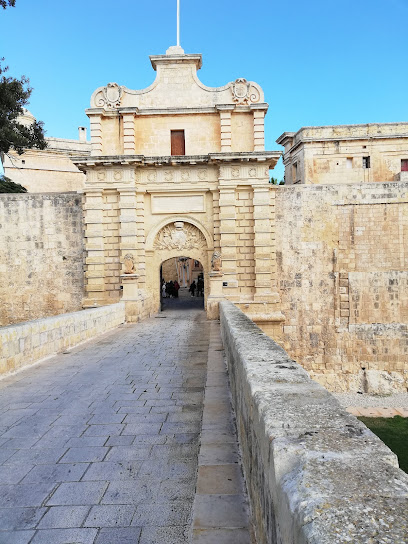
Upper Barrakka
Discover the breathtaking views and serene beauty of Upper Barrakka Gardens in Valletta, Malta – a perfect escape for every traveler.
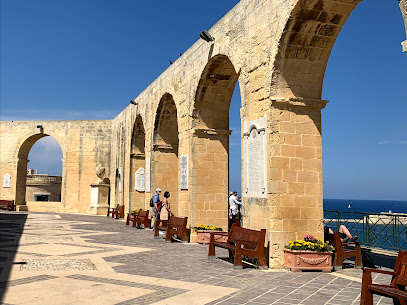
St Paul’s Catacombs
Explore St. Paul’s Catacombs in Rabat, Malta, an archaeological treasure revealing the island's rich Christian heritage and ancient burial traditions.
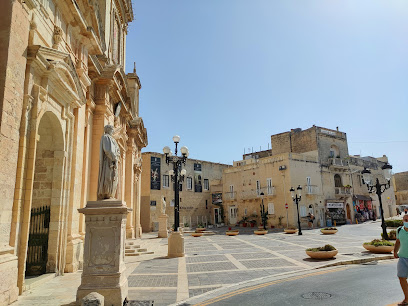
Hagar Qim Temple
Explore Hagar Qim Temple, a stunning UNESCO World Heritage site in Malta, showcasing ancient architecture and breathtaking coastal views.
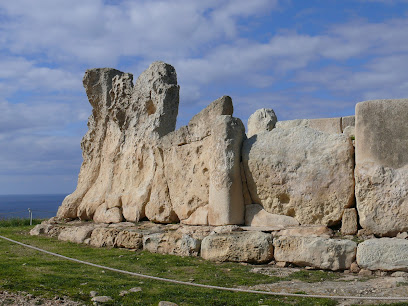
The Red Tower
Explore the stunning Red Tower, a historical landmark in Malta, offering panoramic views and rich history in a picturesque coastal setting.
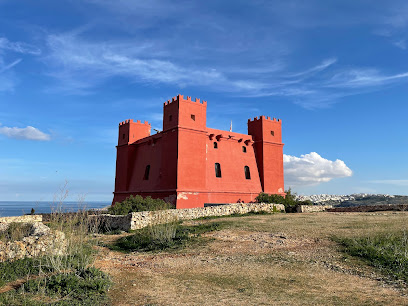
The Lascaris War Rooms
Explore the historic Lascaris War Rooms in Valletta and discover Malta's pivotal role in World War II through engaging exhibits and immersive experiences.
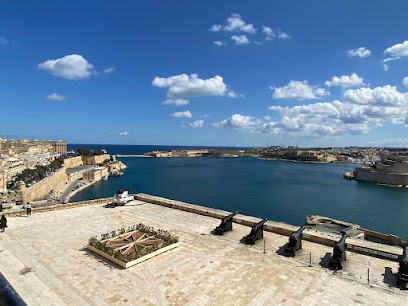
L- Arka ta' Noe
Explore L-Arka ta' Noe, Malta's enchanting animal park, where wildlife meets conservation in a fun and educational setting for all ages.
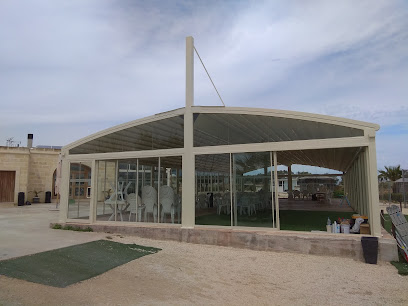
Domvs Romana
Explore the rich history of Malta at Domvs Romana, an archaeological museum showcasing exquisite Roman artifacts and mosaics.
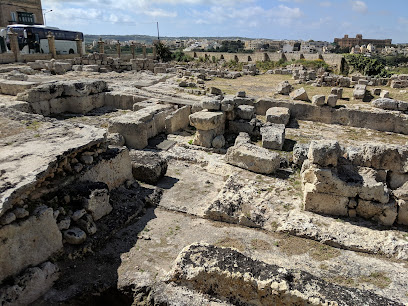
Malta at War Museum
Discover the profound history and resilience of Malta during World War II at the Malta at War Museum, an essential stop for history enthusiasts.
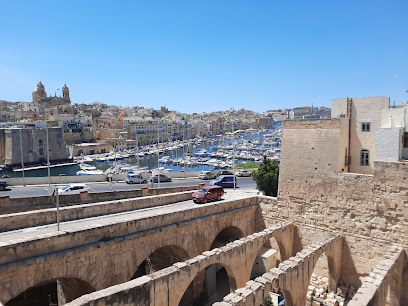
Il-Maqluba
Explore Il-Maqluba: A breathtaking sinkhole in Malta combining stunning natural beauty with rich local legends, perfect for nature lovers and adventurers.
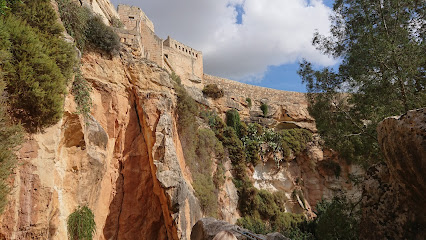
Palace Armoury
Explore the Palace Armoury in Valletta, a treasure trove of military history showcasing stunning artifacts from the Knights of St. John.
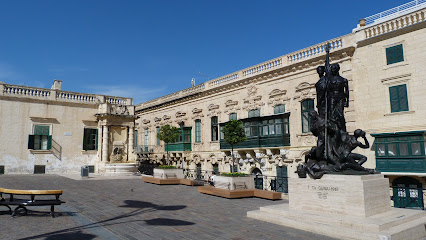
Verdala Palace
Explore Verdala Palace, a historical gem in Siġġiewi, Malta, showcasing stunning architecture and beautiful gardens for an unforgettable cultural experience.
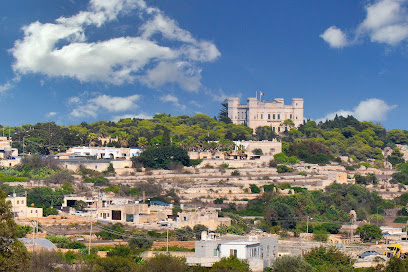
Notre Dame Gate
Explore Notre Dame Gate, a historic landmark in Birgu, Malta, offering a glimpse into the island's rich history and breathtaking views of the Grand Harbour.
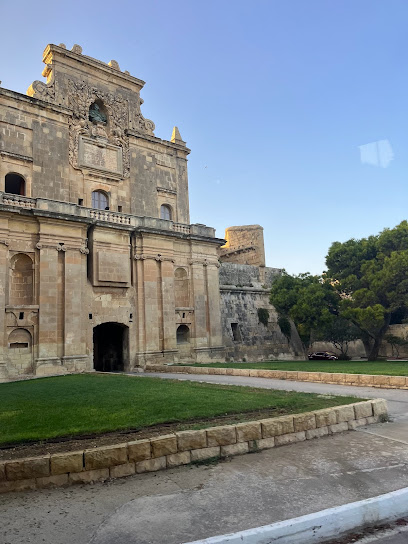
Casa Bernard
Explore the historical elegance of Casa Bernard, a stunning 16th-century home in Rabat, Malta, showcasing rich cultural heritage and enchanting gardens.
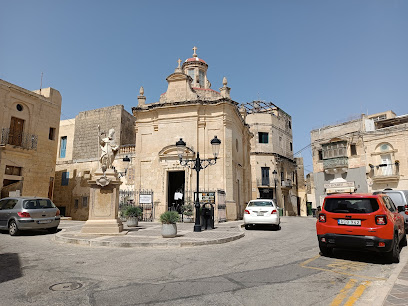
Haġar Qim Park Visitor Centre
Explore the remarkable megalithic temples of Ħaġar Qim and uncover Malta's ancient history at this stunning UNESCO World Heritage site.
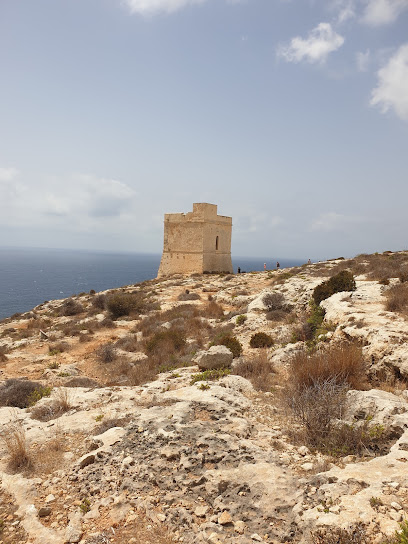
Unmissable attractions to see
Blue Grotto
Experience the breathtaking Blue Grotto in Malta, a stunning natural wonder known for its vibrant azure waters and captivating rock formations.
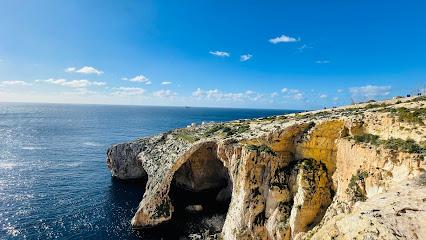
St Paul’s Catacombs
Discover the ancient secrets of St Paul’s Catacombs in Rabat, Malta – a captivating archaeological site brimming with history and intrigue.
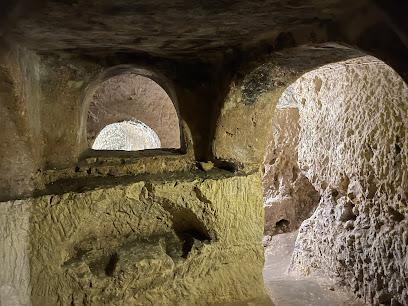
Il-Ġnien ta' Sant'Anton
Explore the stunning gardens of Il-Ġnien ta' Sant'Anton in Balzan, Malta, where nature meets history in a tranquil setting.
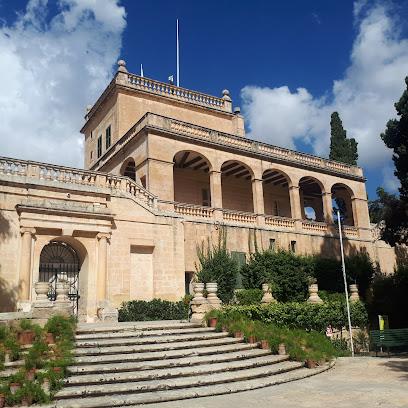
Hagar Qim Temple
Discover the ancient megalithic wonders of Hagar Qim Temple in Malta, a historical landmark steeped in mystery and beauty.
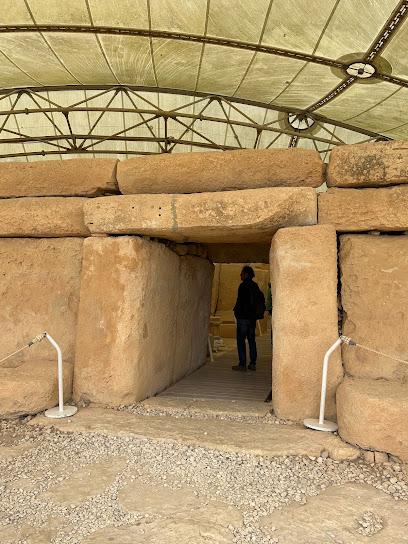
Dingli Cliffs
Explore the breathtaking Dingli Cliffs in Malta, where stunning coastal views and serene landscapes create an unforgettable adventure.
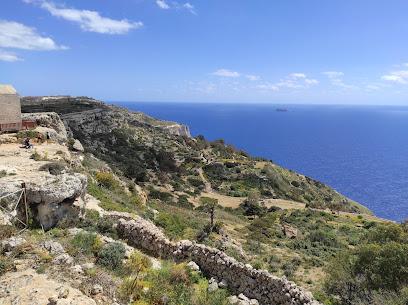
Park Nazzjonali Ta' Qali
Explore Park Nazzjonali Ta' Qali, Malta's serene national park offering lush landscapes, diverse wildlife, and a perfect retreat for nature lovers.
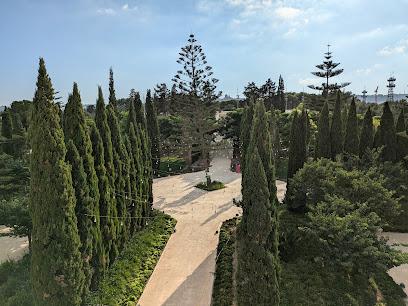
Marsaxlokk Harbour
Experience the vibrant culture and stunning views of Marsaxlokk Harbour, Malta's picturesque fishing village with fresh seafood and colorful boats.
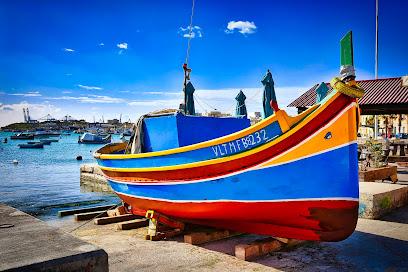
Tarxien Temples
Explore the Tarxien Temples, a UNESCO World Heritage site showcasing Malta's prehistoric marvels and rich cultural heritage.
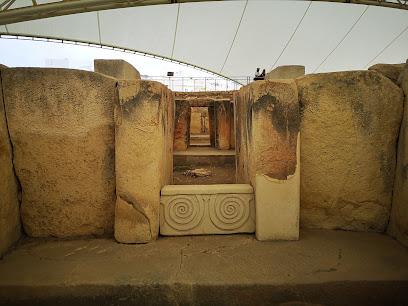
St. Paul's Cathedral
Discover the breathtaking beauty of St. Paul's Cathedral, a Baroque masterpiece in the historic city of Mdina, Malta.
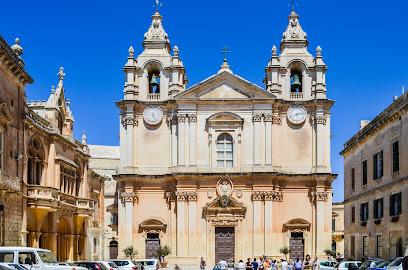
Mnajdra Temple
Discover the ancient marvels of Mnajdra Temple in Qrendi, Malta - a UNESCO World Heritage Site showcasing prehistoric architecture and breathtaking views.
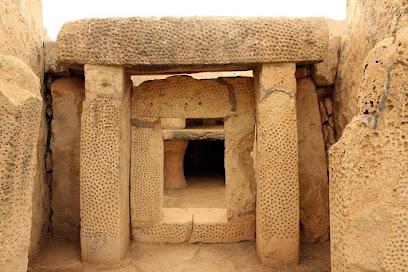
Sicily Catamaran
Discover Marsa, Malta's vibrant ferry service hub, offering stunning sea views and access to the beautiful islands of Gozo and Comino.
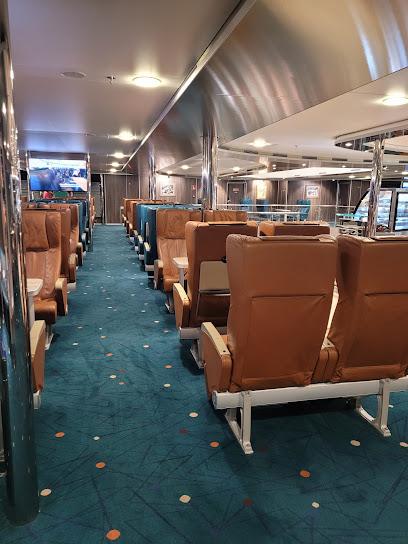
Għar Dalam Cave
Explore Ghar Dalam Cave in Malta, a captivating historical site revealing the island's prehistoric past and stunning geological formations.
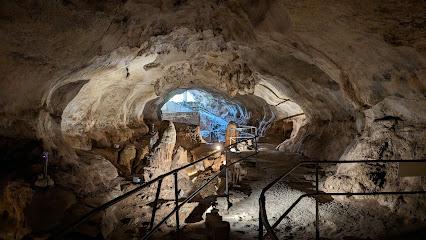
The Limestone Heritage, Park and Gardens
Explore the rich geological heritage of Malta at The Limestone Heritage, a perfect blend of culture and nature in Siggiewi.
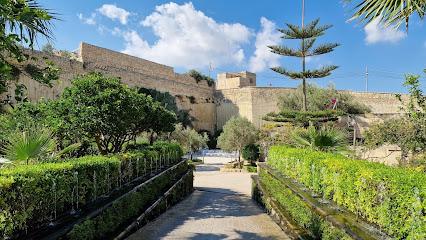
Malta Aviation Museum
Discover Malta's rich aviation history at the Malta Aviation Museum, featuring restored aircraft and engaging exhibits for aviation enthusiasts and tourists alike.
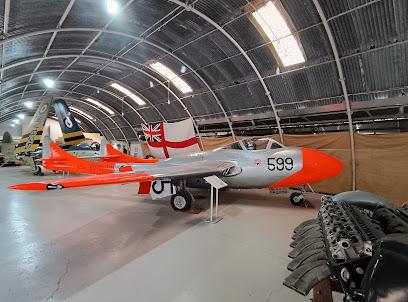
Malta Aviation Museum
Explore Malta's rich aviation history at the Malta Aviation Museum, home to unique aircraft and fascinating exhibits in a serene setting.
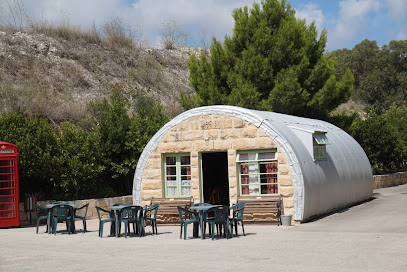
Essential places to dine
Il-Barri Restaurant
Experience authentic Maltese cuisine at Il-Barri Restaurant in Mġarr – where every meal tells a story.
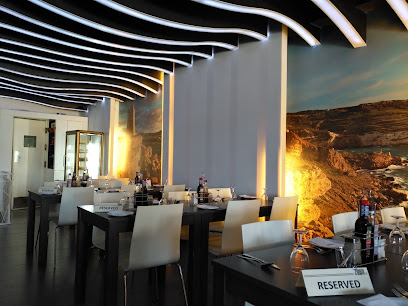
Rampila Restaurant
Experience exquisite Mediterranean cuisine with stunning views at Rampila Restaurant in Valletta's historic fortifications.
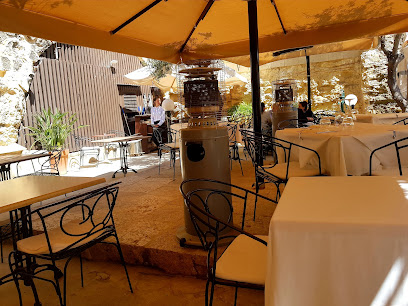
Palazzo Preca Restaurant
Experience authentic Maltese and Mediterranean cuisine at Palazzo Preca Restaurant in Valletta - where every meal tells a story.
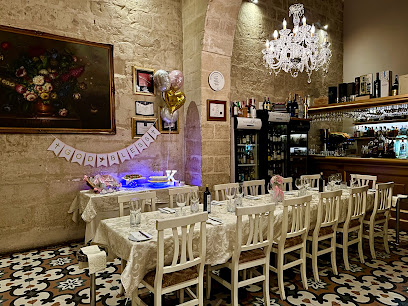
Ta' Marija - Your Gastro Maltese Kitchen since 1964
Savor the rich flavors of Malta at Ta' Marija - your go-to destination for authentic Maltese cuisine since 1964.
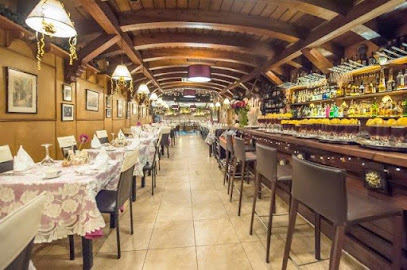
Il-Merill Restaurant
Experience authentic Maltese cuisine at Il-Merill Restaurant in Sliema – where every dish tells a story of tradition and flavor.
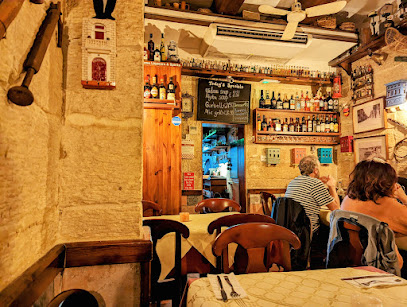
Paranga
Experience exquisite Mediterranean cuisine with stunning views at Paranga in St. George's Bay, Malta's premier dining destination.
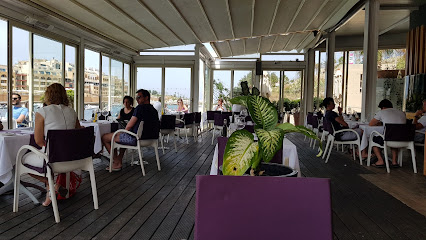
Bacchus Restaurant
Experience the rich flavors of Malta at Bacchus Restaurant in Mdina - where history meets exceptional cuisine.
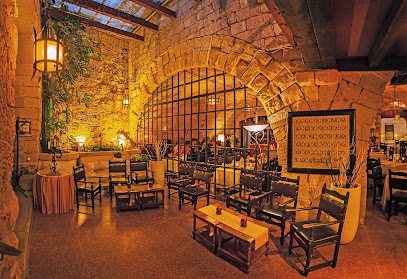
Zeffie's Bistro & Pizzeria
Experience authentic Maltese flavors at Zeffie's Bistro & Pizzeria - where traditional meets contemporary dining.
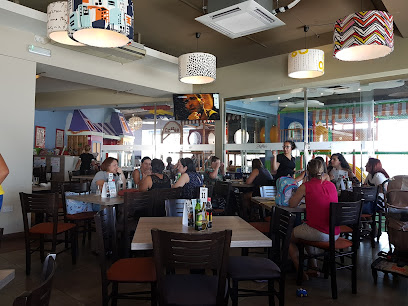
Old Bakery's Pizza e Pasta
Discover delicious pizzas and pastas at Old Bakery's Pizza e Pasta in Valletta - where authentic Italian flavors meet Maltese hospitality.
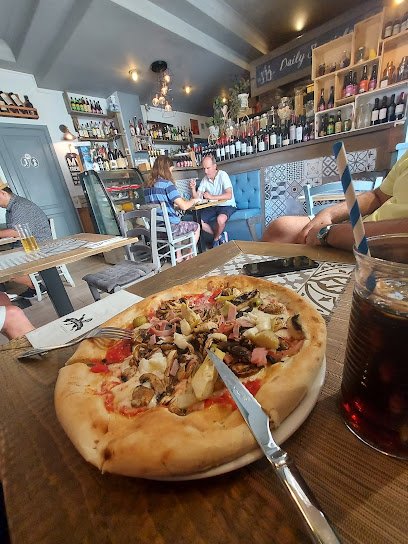
Farmers bar
Discover authentic Maltese cuisine at Farmers Bar in Mġarr – where local flavors meet warm hospitality in a charming setting.
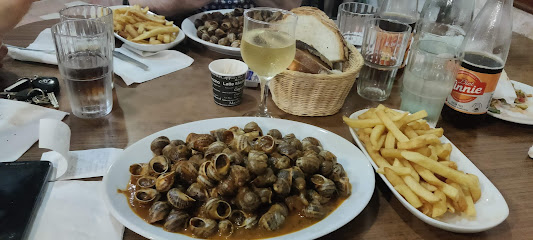
Carmen's Bar & Restaurant
Experience authentic Maltese cuisine at Carmen's Bar & Restaurant in Siġġiewi - where tradition meets flavor in every bite.
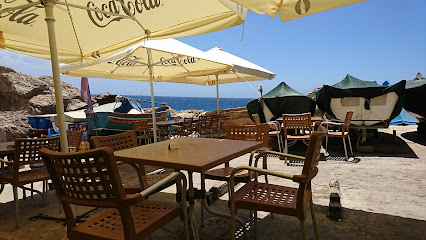
Beati Paoli Restaurant
Discover authentic Maltese flavors at Beati Paoli Restaurant in Valletta - where every dish tells a story.
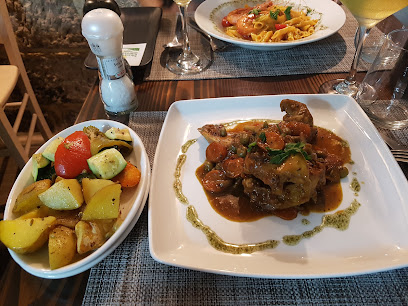
The Little Bastion Restaurant
Discover exquisite Mediterranean cuisine at The Little Bastion Restaurant, where historical charm meets modern elegance in Senglea.
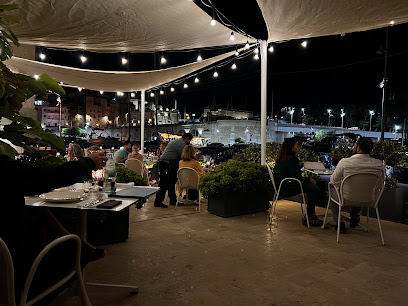
Ta' Soldi Restaurant
Discover authentic Maltese flavors at Ta' Soldi Restaurant in Mġarr - a culinary treasure offering traditional dishes with local flair.
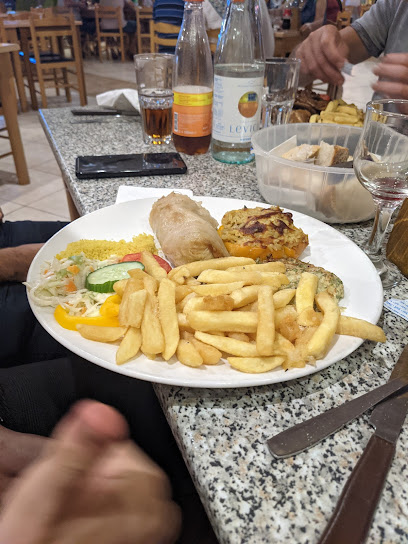
Ferdinand's Bar & Burger
Discover Ferdinand's Bar & Burger in Siġġiewi – where gourmet burgers meet creative cocktails in a lively atmosphere perfect for food enthusiasts.
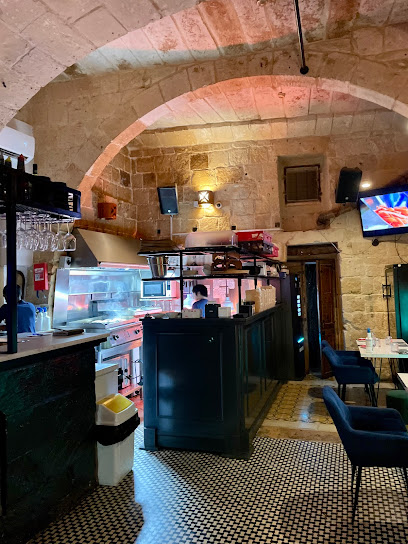
Markets, malls and hidden boutiques
il-lokal
Explore the charm of Malta at il-lokal, where local artistry meets unique gifts in the heart of Valletta.
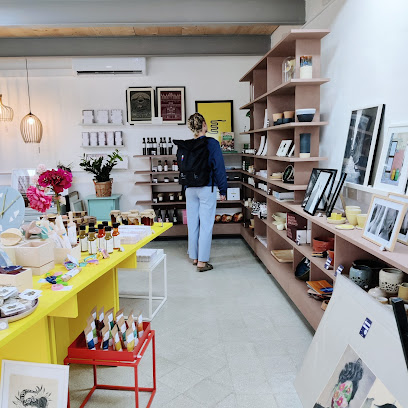
Ta' Frida Pet & Garden Shop
Explore Ta' Frida Pet & Garden Shop in Mqabba, Malta - your one-stop destination for quality pet supplies and vibrant plants.
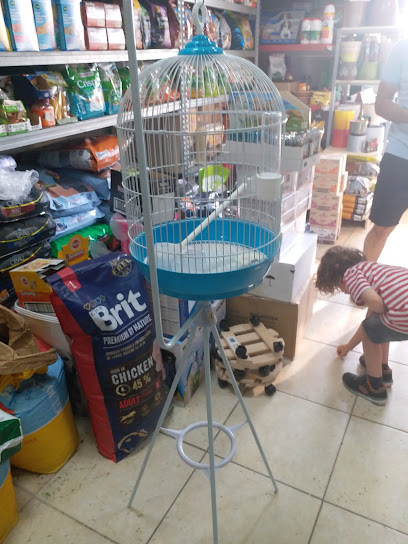
Malta Fast Print
Discover quality stationery and printing services at Malta Fast Print in Mqabba, Malta – the perfect stop for all your creative needs.
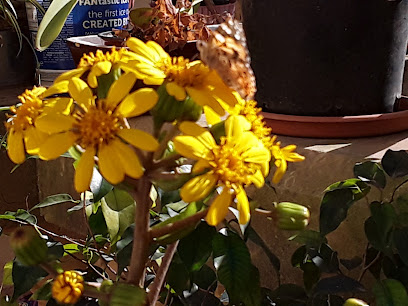
C&G Hardware Store (Machine)
Explore C&G Hardware Store in Mqabba for a unique selection of tools and local craftsmanship that enhances your Maltese adventure.
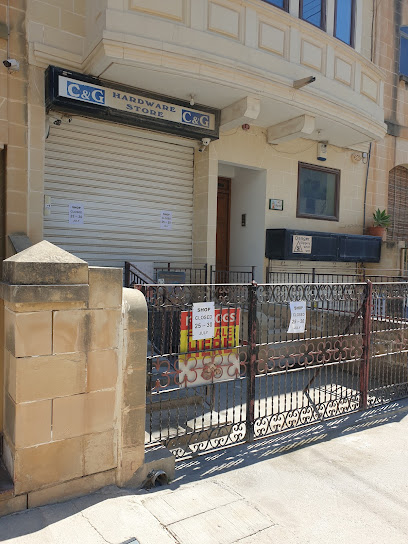
Roman Villa Centre Souvenirs Mdina Malta
Explore Malta's rich culture through unique souvenirs and handcrafted treasures at the Roman Villa Centre Souvenirs in Mdina.
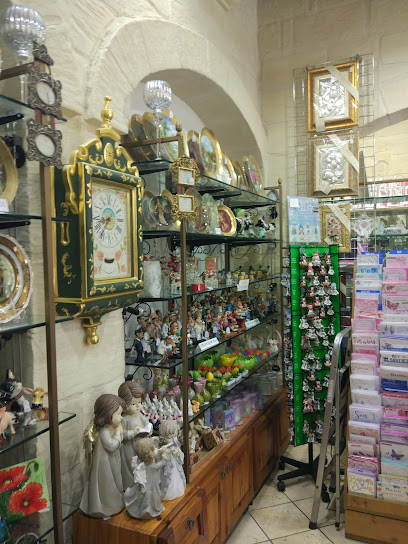
LAB7 - Your Online Collectibles Store Of Choice
Explore LAB7 in Siġġiewi, Malta, your go-to gift shop for collectibles, toys, and trading cards, offering unique treasures and a delightful shopping experience.
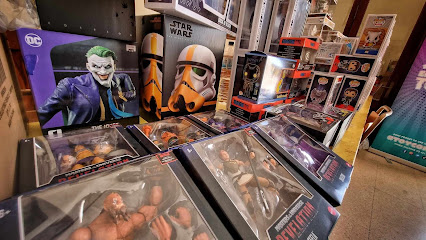
GOLDEN POINT GROCERIES
Discover the best of Maltese cuisine at Golden Point Groceries, where local flavors and friendly service meet.
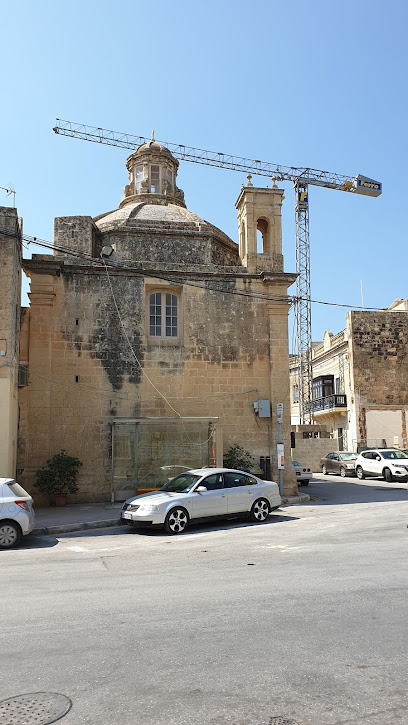
La Gatta
Explore the vibrant fashion scene at La Gatta Boutique in Żurrieq, where unique style meets local craftsmanship.
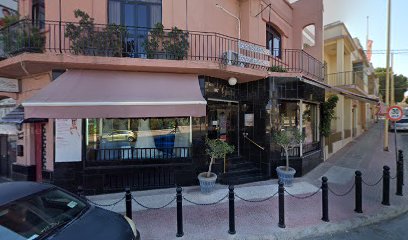
Opuntia Tattoo Studio
Discover the artistry of tattooing at Opuntia Tattoo Studio in Mqabba, where skilled artists transform your ideas into stunning body art.
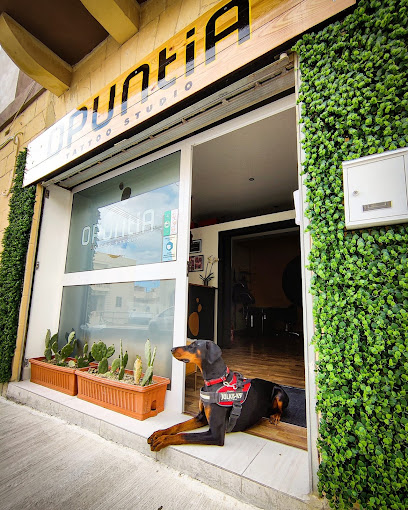
GamerZone Malta
Explore the ultimate destination for gaming and collectibles at GamerZone Malta in Safi, where passion for gaming meets community spirit.
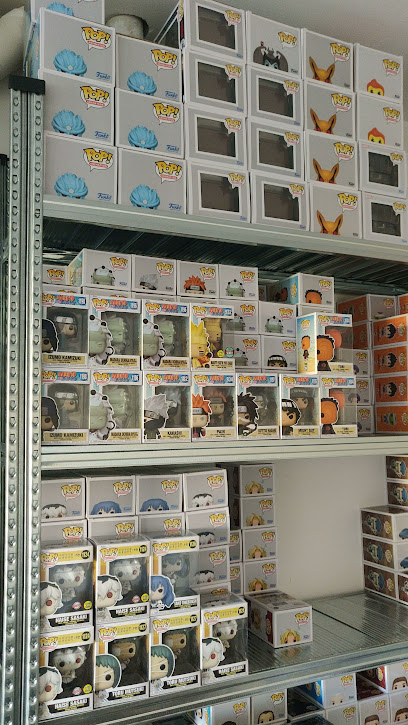
Divino Wines & Spirits
Experience the rich flavors of Malta at Divino Wines & Spirits, where local wines and premium spirits come together in an inviting atmosphere.
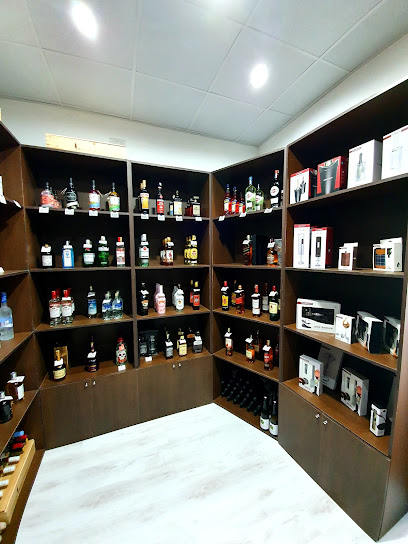
Christian Frame Maker
Explore Christian Frame Maker in Mqabba for exquisite handcrafted frames that beautifully display your cherished memories and artwork.
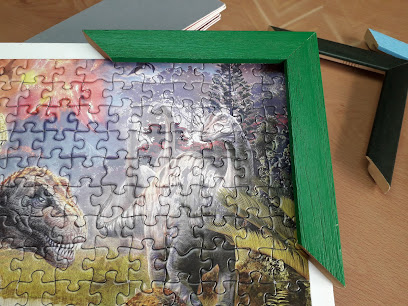
Cauchi Gastro Butcher
Discover the finest meats at Cauchi Gastro Butcher in Mqabba, where quality meets tradition in every cut.
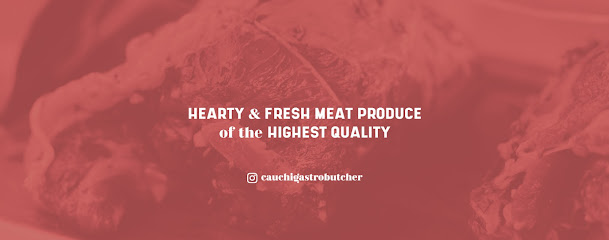
Magri Butcher Shop
Experience the best of Maltese culinary traditions at Magri Butcher Shop, where quality meats and local flavors come together in perfect harmony.
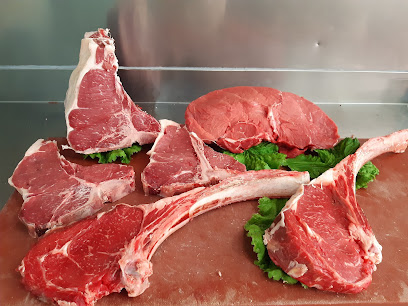
Pantera Fashion Wear
Explore unique styles and high-quality clothes at Pantera Fashion Wear in Żurrieq, Malta's hidden gem for fashion lovers.
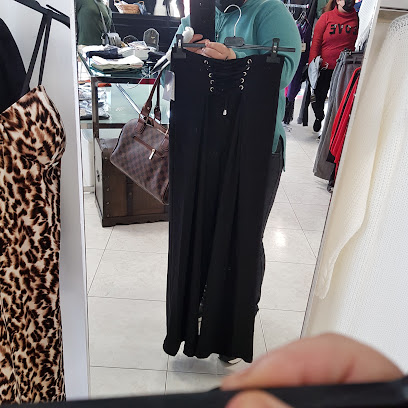
Essential bars & hidden hideouts
Dos Avós
Discover the heart of Mqabba at Dos Avós, a charming bar offering local drinks, lively ambiance, and authentic Maltese hospitality.
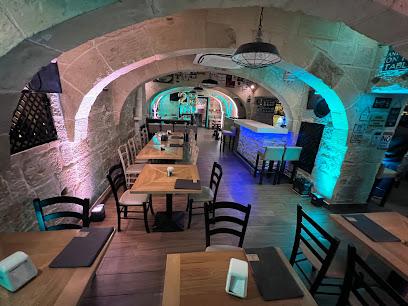
Remissa Sports Bar
Discover the energy and excitement of Remissa Sports Bar in Mqabba, Malta, where sports, drinks, and friendly vibes come together.
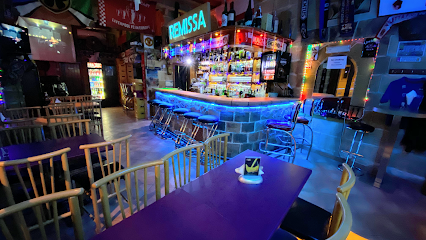
Mqabba Football Club
Dive into the local flavor at Mqabba Football Club, a vibrant bar and restaurant where community and sports come alive.
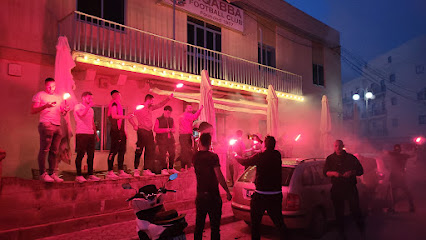
New Life Bar Mqabba
Discover the artistic charm of New Life Bar in Mqabba, where refreshing drinks and local art come together for a unique experience.
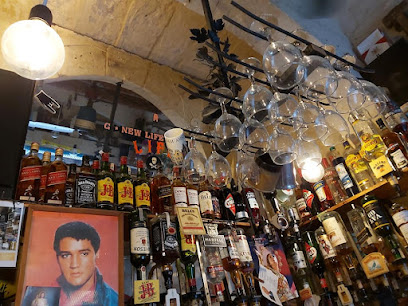
PN Club Mqabba
Discover the lively ambiance and local flavors at PN Club Mqabba, a vibrant bar in the heart of Malta’s charming town.
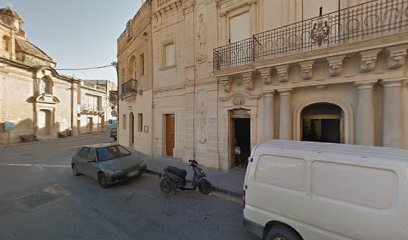
Local Phrases
-
- HelloBongu
[Bon-goo] - GoodbyeĊaw
[Chow] - YesIva
[Ee-va] - NoLe
[Leh] - Please/You're welcomeJekk jogħġbok
[Yeck yoj-bok] - Thank youGrazzi
[Grat-see] - Excuse me/SorrySkuzi
[Sku-zee] - How are you?Kif int?
[Kif int?] - Fine. And you?Tajjeb. U int?
[Ta-yeb. Oo int?] - Do you speak English?Titkellem bl-Ingliż?
[T-it-kel-lem bl-Ingleez] - I don't understandMa nifhimx
[Ma neef-heem-sh]
- HelloBongu
-
- I'd like to see the menu, pleaseNixtieq nara l-menu, jekk jogħġbok
[Nishtek nara l-menyoo, yeck yoj-bok] - I don't eat meatMa niekolx laħam
[Ma nee-e-kolsh la-ham] - Cheers!Saħħa!
[Sa-ha] - I would like to pay, pleaseNixtieq inħallas, jekk jogħġbok
[Nishtek in-hal-las, yeck yoj-bok]
- I'd like to see the menu, pleaseNixtieq nara l-menu, jekk jogħġbok
-
- Help!Għajni!
[Ayni] - Go away!Mur lejnhekk!
[Mur ley-nek] - Call the Police!Ċempel l-Pulizija!
[Chem-pel l-Poo-litz-ya] - Call a doctor!Ċempel tabib!
[Chem-pel ta-beeb] - I'm lostInkejt
[In-ket] - I'm illJien maħdum
[Yeen ma-dum]
- Help!Għajni!
-
- I'd like to buy...Nixtieq inħares...
[Nishtek in-ha-res] - I'm just lookingJien biss qed inara
[Yeen biss k-ed in-ara] - How much is it?Kemm jiswew?
[Kemm yis-weo] - That's too expensiveDan huwa wisq sħiħ
[Dan hoo-wa wees-shi-h] - Can you lower the price?Tista' tniżżel il-prezz?
[Tis-ta tneez-zel il-prez]
- I'd like to buy...Nixtieq inħares...
-
- What time is it?X'ħin huwa?
[Shin hoo-wa] - It's one o'clockHuwa l-ewwel siegħa
[Hoo-wa l-ewel see-eha] - Half past (10)Nofsinhar
[Nof-sin-har] - MorningFilgħodu
[Fil-god-oo] - AfternoonWaranofsinhar
[Wa-ra-nof-sin-har] - EveningFilgħaxija
[Fil-ga-hee-ya] - YesterdayIlbieraħ
[Il-bee-er-eye] - TodayIllum
[Il-lum] - TomorrowGħada
[A-da] - 1Wieħed
[Wee-hed] - 2Tnejn
[Tin-ayn] - 3Tliet
[Tleet] - 4Erba'
[Er-ba] - 5Ħamsa
[Ham-sa] - 6Sitta
[Sit-ta] - 7Sebba'
[Seb-ba] - 8Tmienja
[Tmi-en-ya] - 9Disgħa
[Dis-gha] - 10Għaxra
[A-ra]
- What time is it?X'ħin huwa?
-
- Where's a/the...?Fejn hemm...
[Feyn hemm] - What's the address?X'jadressa?
[Shi-a-dress-a] - Can you show me (on the map)?Tista' turi li (fuq il-mappa)?
[Tis-ta toor-ee lee (fuq il-map-pa)] - When's the next (bus)?Meta jasal il-ġurnata tiegħi?
[Met-a ya-sal il-jur-na-ta tie-ee] - A ticket (to ....)Biljett (għal...)
[Bil-yet (al)]
- Where's a/the...?Fejn hemm...
History of Mqabba
-
Mqabba, located in the southern region of Malta, is home to various prehistoric sites, including the renowned Ta' Hagrat Temple. These ancient structures date back to the Neolithic period, around 3600-3200 BCE, and are considered some of the oldest free-standing structures in the world. The megalithic temples provide a glimpse into the early human settlements and their sophisticated architectural skills.
-
During the Phoenician and later Roman periods, Mqabba became an important settlement due to its strategic location. The Phoenicians, who arrived around 800 BCE, and the Romans, who took control in 218 BCE, left behind numerous artifacts, including pottery and inscriptions. These remnants highlight Mqabba’s role in trade and cultural exchange across the Mediterranean.
-
In the medieval period, Mqabba was part of the fiefdoms established by the Normans after their conquest of Malta in 1091. The village's medieval church, dedicated to St. Basil, was one of the earliest Christian structures in the area. This era saw the development of Mqabba as a rural community centered around agriculture and local craftsmanship.
-
The arrival of the Knights of St. John in 1530 marked a significant era for Mqabba. The Knights fortified the region and improved its infrastructure. The construction of the Church of the Assumption in the 17th century is a testament to this period. This Baroque-style church remains a central landmark in Mqabba, showcasing exquisite architectural details and religious art.
-
Mqabba played a crucial role during World War II, particularly due to its proximity to the RAF Luqa airfield. The village was heavily bombarded, leading to significant destruction. Despite this, the resilience of the Mqabbin people shone through as they rebuilt their homes and community. Several war memorials and preserved air-raid shelters in Mqabba stand as a tribute to this tumultuous period.
-
Today, Mqabba is a vibrant village that seamlessly blends its rich history with contemporary life. Known for its limestone quarries, Mqabba has contributed significantly to Malta’s construction industry. The village also hosts spectacular festas, particularly the Feast of the Assumption, celebrated with elaborate fireworks, processions, and cultural events. These festivities offer an authentic glimpse into the local traditions and communal spirit of Mqabba.
Mqabba Essentials
-
Mqabba is located in the southern part of Malta, approximately 8 kilometers from the capital, Valletta. The nearest international airport is Malta International Airport (MLA), which is just a short 10-minute drive from Mqabba. From the airport, you can either take a taxi or use public transportation to reach Mqabba. The bus services operated by Malta Public Transport provide regular connections to Mqabba from various parts of the island.
-
Mqabba is a small village, and many of its attractions are within walking distance. For traveling to other parts of Malta, the public bus service is efficient and affordable. Taxis are also readily available and can be hailed on the street or booked in advance. Renting a car is another option for those who prefer more flexibility, but be mindful of narrow streets and limited parking in some areas.
-
The official currency in Malta is the Euro (EUR). Credit and debit cards are widely accepted in most hotels, restaurants, and shops. However, it is advisable to carry some cash for small purchases, especially in local markets and smaller establishments. ATMs are available throughout Mqabba, making it convenient to withdraw cash as needed.
-
Mqabba is generally a safe destination for tourists. Violent crime is rare, but like any travel destination, it is important to take standard precautions. Avoid leaving valuables unattended and be cautious in crowded areas to prevent pickpocketing. There are no specific high-crime areas targeting tourists in Mqabba, but it is always wise to stay vigilant and aware of your surroundings.
-
In case of emergency, dial 112, the EU-wide emergency number, for immediate assistance from police, fire, or medical services. The nearest hospital with emergency services is Mater Dei Hospital, located about 15 minutes away by car. Pharmacies are available in Mqabba for minor health issues and over-the-counter medications. It is recommended to have travel insurance that covers medical emergencies.
-
Fashion: Do dress modestly, especially when visiting religious sites. Avoid wearing overly revealing clothing. Religion: Do respect local customs and traditions. Always cover your shoulders and knees when entering churches. Public Transport: Do be respectful and offer your seat to elderly passengers. Don’t eat or drink on public transport. Greetings: Do greet people with a friendly smile or a handshake. A slight nod of the head is also a sign of respect. Eating & Drinking: Do try local Maltese dishes and accept food offerings graciously. Don’t refuse hospitality, as it may be considered impolite.
-
To experience Mqabba like a local, visit the village square where you can find local cafes and bakeries offering traditional Maltese pastries. Engage with locals at the Mqabba Band Club, which often hosts community events and celebrations. Don’t miss the annual village festa dedicated to St. Mary, featuring vibrant processions, fireworks, and traditional music. For a unique experience, explore the nearby Għar Dalam Cave and Museum, which offers insights into Malta's prehistoric past.
Nearby Cities to Mqabba
-
Things To Do in Zurrieq
-
Things To Do in Tarxien
-
Things To Do in Paola
-
Things To Do in Marsa
-
Things To Do in Zejtun
-
Things To Do in Marsaxlokk
-
Things To Do in Birgu
-
Things To Do in Gzira
-
Things To Do in Rabat
-
Things To Do in Mdina
-
Things To Do in Valletta
-
Things To Do in Sliema
-
Things To Do in St. Julian's
-
Things To Do in Marsaskala
-
Things To Do in Mgarr






